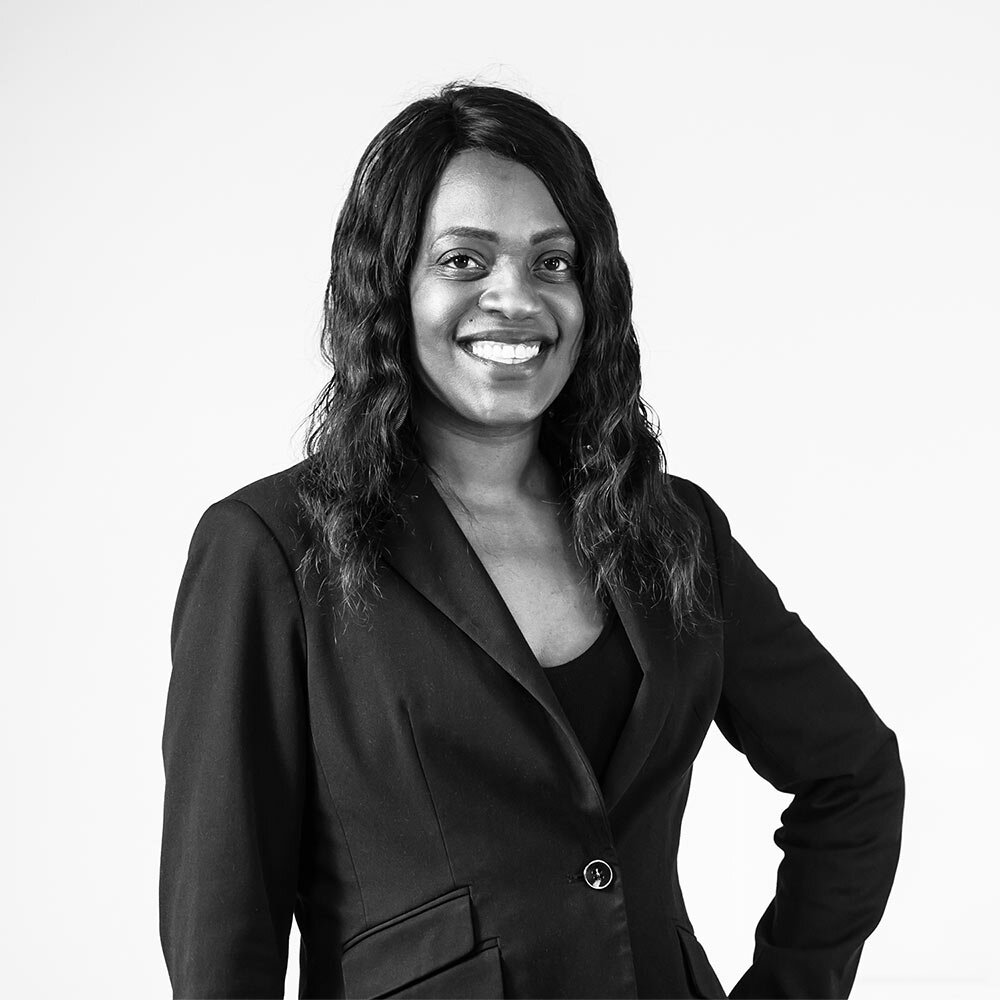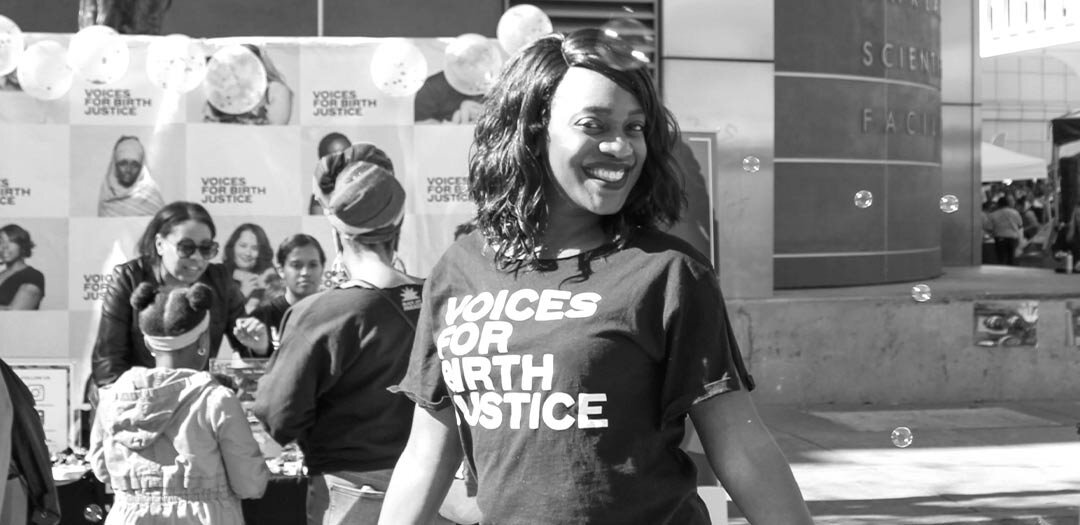
Mom, Social Worker, and Diversity, Equity, Inclusion, and Belonging Manager at San Francisco’s Human Services Agency
– Alexis
I started my antiracism work in 2008 when I joined Black Infant Health (BIH) as a community health outreach worker and it really opened my eyes on the impact of racism on birth outcomes.
As a new first time mom with a four-month infant, I was shocked that I had not heard about any of the impacts of racism and it piqued my interest to learn more. I began doing the work of educating other Black women about this but also was driven to take action once I experienced my own preterm birth with my second child. Here I was knowledgeable about the impacts, working in a culturally-affirming environment and I still experienced a preterm birth.
My time at BIH (and my preterm birth) led me to join the Community Advisory Board (CAB) at the UCSF California Preterm Birth Initiative (PTBi), In that role, I and other Black moms helped to set the initiative’s research agenda, prioritizing issues that were most important to Black and brown parents in Oakland, Fresno and San Francisco.
Today, I’m co-leading the initiative and we’ve evolved our work, the makeup of our team and entire culture and operations to focus on antiracism, and more specifically on fighting anti-Blackness. Our Community Advisory Board was instrumental in creating this change.

I am so glad that more people are beginning to understand that it’s not the race that’s not a risk factor for poor birth outcomes like premature birth. it’s actually the stress from racism and disrespectful, racist care that are the risk factors.
When I was being mistreated during my last delivery, I did not need to know what resources were available to me, I needed my providers to not be racist. My doctor denied me pain medications during my birth because I didn’t “look” like I was in enough pain. When I asked a provider why a certain treatment was recommended, they’d tell me I wouldn’t understand. Little did they know or care to know that I had a masters degree and spent more than a decade running a maternal and child health program.
I’m really proud to be in leadership at PTBi because we have a huge portfolio of things we’re doing to help address the racial disparities in birth outcomes. Our take on research and how we engage in community is unique. We recognize racism as a root cause, and we are about birth equity and justice. We are walking the walk. Research informs the different interventions and decisions that are made about services that are provided. So if we change how research is done, we can change all these other things.
It’s important to remember that research lags behind what the community already knows. Communities often know their issues and have solutions for them, but there’s no research to validate those solutions so they can be used in larger institutions. So, research gives validity to claims made, and then from there, you can start to have a real impact. That is why it’s so important to ensure research is centered in community, since it is their wisdom we are working with.
My advice to clinical and public health professionals is to listen to Black women! Listen to Black people. Know that they are the experts of Black life and there is no degree or certificate you can have that outweighs the expertise of lived experience.
Educate yourself about racism and be an active participant in dismantling it. Read about and deepen your understanding of anti-Blackness. Take the word racist out of the good/bad binary and recognize it as a socialization. Be self-reflective and identify the ways that you have been complicit in allowing racism to kill Black women and children in the delivery rooms of hospitals. Realize that being anti-racist is a journey not a destination. You must be on a lifelong path of education and self-reflection.
My advice for Black women is to trust your gut, your experience is true, your intuition is accurate. The trick that racism pulls on us is that sometimes we doubt ourselves and what we experience. The impact of racism on us is that it silences our voices or cuts us off in using our voice. Black women, speak up and out about your experiences.